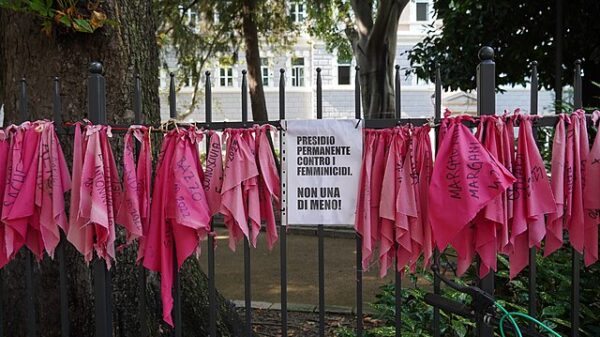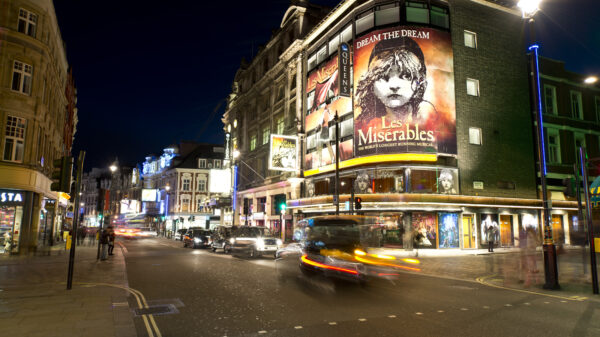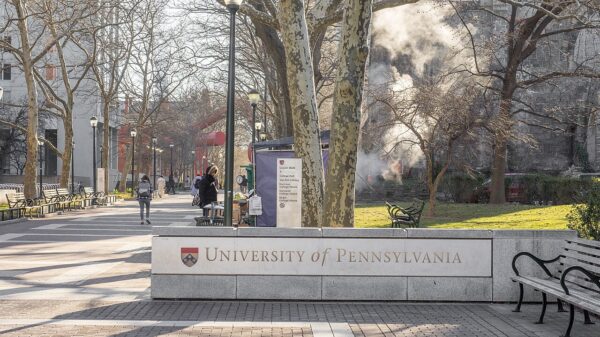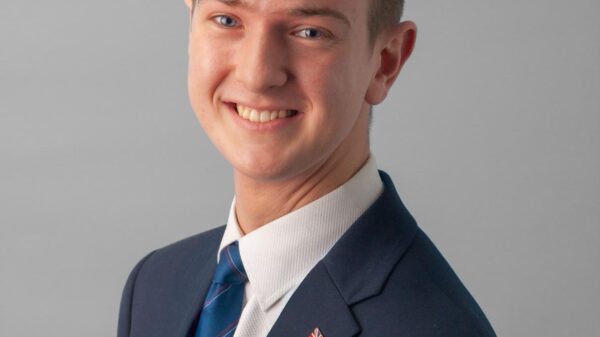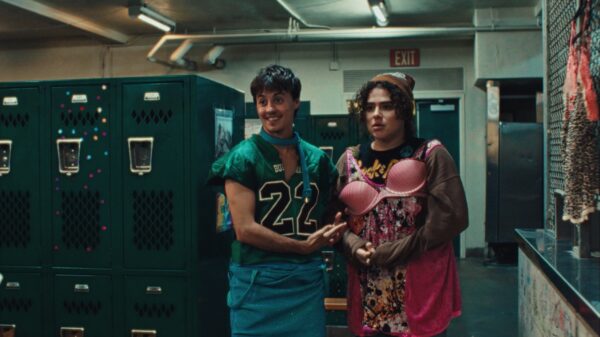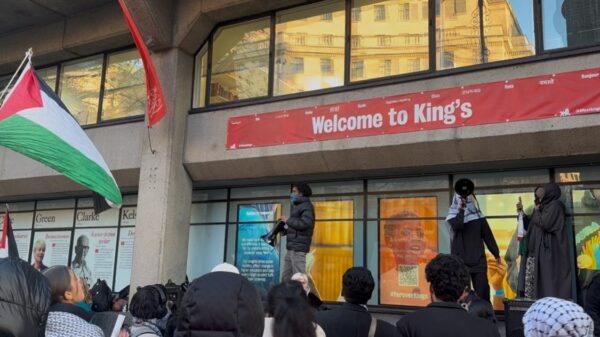Tushar Kumar, who is graduating from King’s with a BSc in Politics this summer, has held the role of local councillor for Elstree and Borehamwood Town Council since his election in 2023. His appointment made him one of the youngest councillors ever to take a seat. But he did not stop there; recently, he became the town’s youngest-ever deputy mayor.
Roar spoke to Tushar about his journey into and his role within local government, his inspiration and how young people should remain more active in all levels of politics.
The Journey to Election
“During university, I interned at the UK Civil Service as a Policy Advisor at the DWP which was a great learning experience where I gained insight into how departments shape national policy. But I realised something important during that time: I enjoyed politics more, because it felt more immediate and grounded. I wanted to be closer to the people affected by decisions, to be involved firsthand, where I could actually speak to residents, understand their needs, and make a visible difference. That clarity really pushed me toward local politics.
“My mum was a huge inspiration. She started out serving the community and then entered politics to make a bigger impact. Watching her showed me that public service and politics aren’t separate, they go hand in hand.”
“I campaigned non-stop from December/January to May, leafleting, door-knocking, talking to residents. My family went everyday with me and supported me throughout. They kept me motivated through the election. Against all odds, I won. I became the youngest ever councillor in the history of Elstree & Borehamwood at 20 years old. It was a historic moment, and it taught me that persistence, community connection, and family support can go a long way.
“I saw Deputy Mayor as a way to broaden my impact. It allows me to work more closely with local charities, schools, and organisations doing amazing grassroots work. I wanted to use this platform to spotlight those stories and to represent young people in civic life. When I was appointed, I felt incredibly humbled. Being voted in unanimously meant a great deal, not just because my fellow Labour councillors supported me, but also because opposition councillors, many of whom have decades of experience, put their trust in me.
“I knew I had a responsibility not only to the role, but also to the young people who might be watching and thinking, “Maybe I can do this too.”
“It was also a very proud moment for my family and friends. Becoming the youngest Indian origin Deputy Mayor in the UK made the occasion even more special.”

The significance of age in politics
“Definitely [felt out of place and underestimated because of my age], especially early on. There’s a significant age gap between me and most other councillors, and at first, I did feel like I didn’t fully belong. But I reframed that, I told myself I had the opportunity to learn from people who have been doing this for decades, and I am fortunate that I am in a place where people are more experienced than me as it means I get to learn from them and even now I learn new things from them.
“Age should never be a barrier to public service”
“Yes, I have had people say things like “Aren’t you too young to be a councillor?” but honestly, that just reinforced why I’m here. If we keep telling young people they are too young to lead, then we will never see real representation. Change doesn’t happen if we wait around for permission. Young people need to be in these rooms, not just talking about politics but shaping it.
“We need to create more entry points for young people into politics, not just in theory, but in practice. That means encouraging student voices in consultations, having youth-led advisory boards, and supporting young candidates.
“But more than that, we need a mindset shift. Age doesn’t equate to capability, and young people shouldn’t have to “wait their turn” to contribute. We bring fresh perspectives, digital literacy, and an urgency around issues like climate change and inequality. It’s time politics made space for that.”
“And don’t underestimate the impact of your voice. Every movement started with someone saying, “this isn’t right.” You’re not too small to make a difference, you just need to start somewhere.”

Inspiration
“For me, it’s the people. It’s the resident who says, “thank you, no one ever listened to me before.” When I went door-knocking during my campaign, I was struck by how many people said it was the first time someone had ever come to their door to ask what mattered to them. And when I won, I made it a point to go back and thank them, many were genuinely surprised that someone actually returned after the election to listen again, not just to win votes.
“It’s also the kid who tells me they want to be mayor one day because they saw someone who looked like them in that role. Of course, there are hard days. But the wins, big or small, remind me why I started. When you see change happening, it makes all the challenges feel worth it.
“If I can walk away knowing I have made someone feel seen, heard, or inspired to take action, that will be enough for me.”
“My biggest goal is visibility. I want young people to see themselves reflected in leadership. I also want to shine a light on the unsung heroes of our borough—the volunteers, food bank workers, theatre groups, and more.
“I am hoping to use my platform to support youth initiatives, increase civic engagement, and champion causes like mental health, inclusive education, and interfaith unity.”

The importance of local government
“For students who want to see real, practical improvements in their communities, local government is not just important, it’s essential.”
“Local government is where the decisions that most immediately shape our daily lives are made, from how frequently your bins are collected to the condition of your local roads, the funding for libraries, youth clubs, and even how much council tax you pay. Despite this, it is often overlooked in political discussions, particularly by young people. Part of the reason is that national politics dominates the media and public discourse. We are constantly exposed to headlines about Westminster or international affairs, so naturally that’s where attention gravitates.
“But the truth is, if you care about safer streets, more green spaces, affordable housing or support for young people in your town, those decisions are being shaped by your local council. When I was out door knocking during my campaign, I was genuinely surprised by how many people didn’t know what a councillor does. Many were hearing for the first time that they even had a local representative they could reach out to. That, to me, says everything about how disconnected people feel from local politics.
“Students especially often don’t realise how much influence they can have by simply engaging with their local representatives or even attending a council meeting.
“There’s also a perception that local government is overly bureaucratic. In reality, it is one of the most direct and accessible platforms for change. You do not need to go through layers of hierarchy or bureaucracy to be heard, often one conversation with a councillor can get things moving.”
Grace Holloway is Roar's editor-in-chief managing the editorial side of our operation as well. She has gained valuable experience from Bloomberg as well as writing for Breaking Media, the Non-League Paper and Politics UK.



